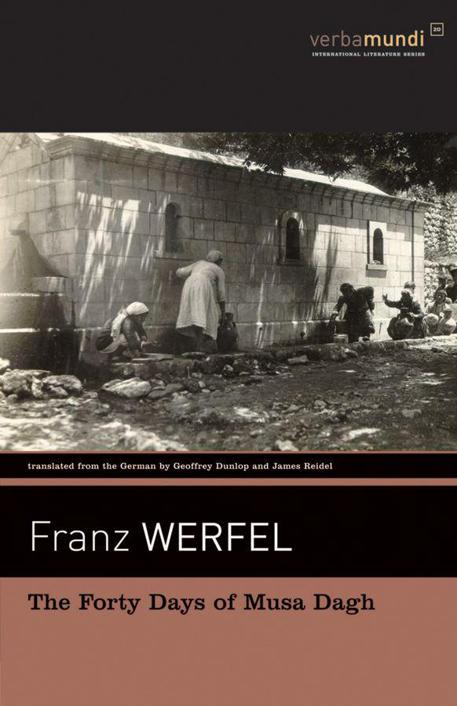
The Forty Days of Musa Dagh
Verba Mundi International Literature
کتاب های مرتبط
- اطلاعات
- نقد و بررسی
- دیدگاه کاربران
نقد و بررسی

Starred review from May 1, 2012
Werfel's masterpiece, The Forty Days of Musa Dagh, is a historical novel that sought to make history. Burned and banned in Germany, the meticulously researched work about resistance to the Armenian genocide during the First World War was meant, in part, as a warning to European Jews. Originally published in 1933, 10 years before the word genocide was coined, it was promptly translated into English, but this new edition is the first complete translation, restoring 11 percent of the text. Werfel was born in Prague, wrote in German, was considered an Austrian writer, and died in 1945, in exile, in Los Angeles. In 1975, admirers repatriated his remains to Vienna. Werfel portrays the assimilated Armenian Gabriel Bagradian, who returns from Paris with his family to his childhood home in the hinterlands of the Ottoman Empire. Facing deportation, he organizes the local Armenian community and leads them onto Musa Dagh, Mount Moses, where the 5,000 resist the Turks until their rescue by the French. This epic about life in a Noah's Ark, on a deluge of blood is a crackling read. Symphonic in its handling of profound themes, respectful of its most vacillating characters, Werfel's novel is a grand and satisfying story about the necessities and difficulties of leadership.(Reprinted with permission of Booklist, copyright 2012, American Library Association.)

























دیدگاه کاربران